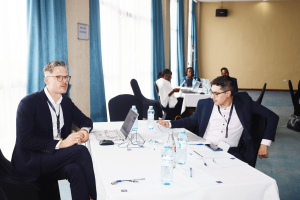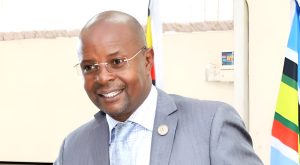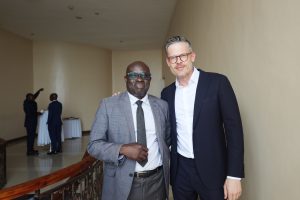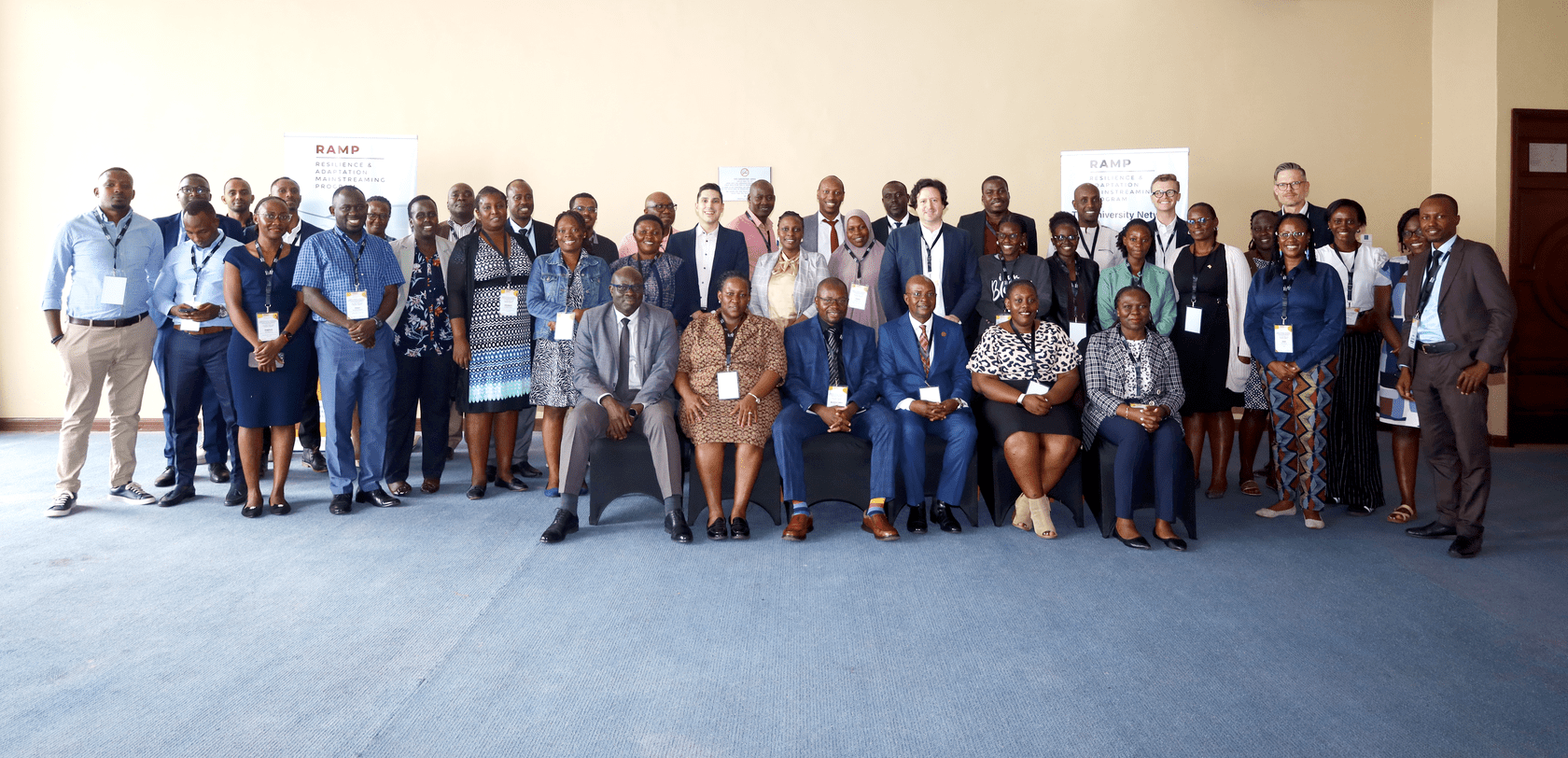In a significant step towards enhancing Uganda’s resilience against the economic impacts of climate change, Makerere University has partnered with the Centre for Sustainable Finance at SOAS University of London and the World Resources Institute (WRI) to launch the Resilience and Adaptation Mainstreaming Program (RAMP). This initiative aims to equip officials from Uganda’s Ministry of Finance, Planning, and Economic Development (MoFPED) with the knowledge and tools needed to navigate the complex landscape of climate finance.

RAMP is part of a broader international effort to strengthen the capacity of governments, particularly in vulnerable and low- to middle-income countries, to manage the economic risks posed by climate change. Led by the WRI and supported by a network of 20 universities from Africa, Asia, and the West Indies, RAMP focuses on integrating climate adaptation strategies into the core operations of ministries of finance. This integration ensures that economic development priorities are aligned with climate adaptation needs, thereby enhancing access to adaptation finance.
Inaugural Training in Entebbe
The first training session under RAMP held in Entebbe started on July 23, bringing together policymakers and financial experts. Dr. Ulrich Volz from SOAS University of London highlighted the program’s emphasis on promoting high-quality teaching and research on climate adaptation economics and finance. “Working with local universities allows us to scale up the program effectively,” he noted. The network’s diverse range of institutions, including the University of the West Indies, University of Dar es Salaam, and University of Nairobi, underscores its global reach and commitment to building local capacity.
Prof. Edward Bbaale, Principal of the College of Business and Management Sciences at Makerere University, officially opened the 5-day training session. He urged participants to leverage this opportunity to develop their skills in sustainable finance and incorporate these practices into daily decision-making processes. Prof. Bbaale praised SOAS University of London and WRI for their partnership and the extensive training provided to the faculty in Ghana and Nairobi. He highlighted the critical role of education in equipping individuals with the knowledge and tools needed to address climate-related challenges in the financial sector.

Dr. Harald Heubaum, Deputy Director of the Centre for Sustainable Finance at SOAS University of London, added that the program provides interdisciplinary training for policymakers, focusing on macro-fiscal policies, budgeting, financial sector supervision, trade, and public financial management. “We hope to use this workshop to build a shared understanding of the economics and finance of climate change adaptation,” he said.
Highlighting the Importance of Climate Finance
Mr. Bradley Kratzer, Adaptation Finance Associate at WRI, stressed the importance of integrating climate change considerations into financial decision-making processes. He called for collaboration between policymakers, financial institutions, and development organizations to address climate change challenges. “Integrating climate risk assessments into economic planning and budgeting is crucial for sustainable development,” he emphasized.
Mr. Sam Mugume from MoFPED’s department of macro-economic policy expressed gratitude for the training, underscoring that climate change is not just an environmental issue but an economic one that requires proper management. He advocated for proactive measures such as investing in resilient infrastructure and promoting green finance initiatives to mitigate economic risks.

Climate Change Effects on Uganda
Uganda faces significant climate change impacts, including increased temperatures, erratic rainfall, and more frequent extreme weather events such as droughts and floods. These changes threaten agriculture, water resources, and overall economic stability. The agricultural sector, which employs a large portion of the population, is particularly vulnerable, with crop yields and livestock production expected to decline. This not only affects food security but also increases poverty levels, Dr. Ibrahim Mike Okumu shared during his presentation.
RAMP’s efforts to build resilience and adaptation capacities in Uganda are thus timely and essential, Dr. Mugume added. By empowering government officials with the necessary skills and knowledge, the program aims to ensure that Uganda can effectively manage the economic challenges posed by climate change and safeguard its developmental gains.
The Resilience and Adaptation Mainstreaming Program represents a crucial step forward in the global fight against climate change. By fostering collaboration between leading academic institutions and government bodies, RAMP is setting the stage for a more resilient and sustainable future.

